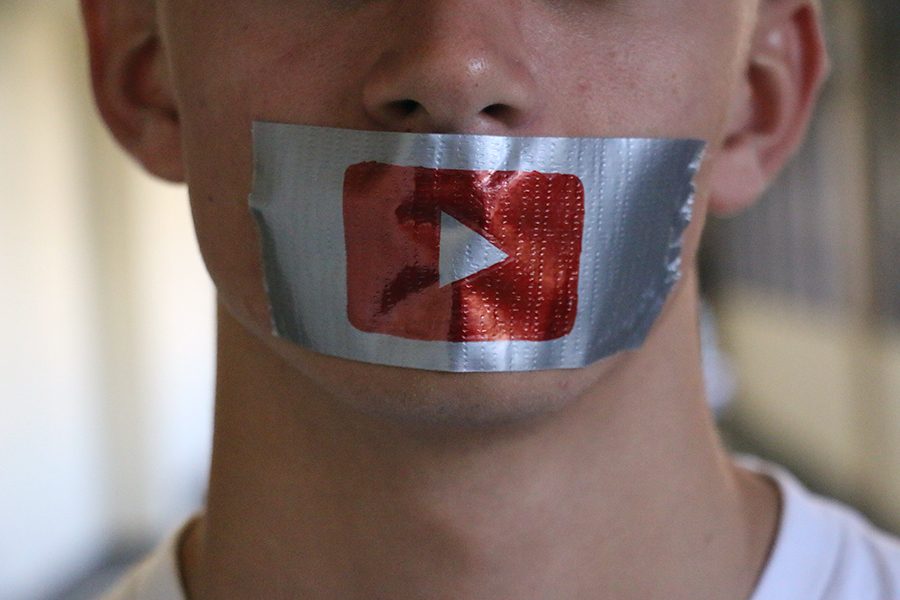Taking the “You” Out of YouTube
YouTube has been flagging videos since 2012, but as seen from recent social media “drama”, it’s evident that they only recently started to notify people about it. Flagging videos down or de-monetizing means that a video becomes private to all viewers. This takes away any ads shown on the video and any revenue provided from those ads.
YouTube didn’t change a whole lot regarding the company itself other than notifying you when your video is flagged but the way they delivered the whole situation wasn’t ideal.
People make money on YouTube, it’s a full time job to many, and a well-earned one at that, seeing that it’s a lot of work to get popular on YouTube. The concerning thing about the whole situation is that YouTubers just found out how many of their own videos have been flagged down. The only way that they would know before is if there was a rapid salary drop or they looked into their own video analytics. These content creators rely on their videos to make money and its difficult if you are on a tight salary.
The process has always been the same. A video can be stricken down different ways; sometimes enough reports can get a video flagged and other times its YouTube’s “new and improved algorithm” that they recently modified in 2015. The algorithm strikes down videos left and right so they can determine what is “ad friendly” content. Whether it be a controversial tag, inappropriate video content, or just certain words with in the title, the algorithm will detect it and the fact that content creator’s salary is in the hands of a computerized algorithm can be concerning.
Now that they notify you when a video has been stricken down, there’s also an option that allows you to make an appeal for that video to be monetized again. However, it appears that some of t the more popular YouTubers are being held in bias opinion of whether their appeals go through or not. There are many YouTubers whom have the same tags on videos and produce the same content but it seemed YouTube is more lenient with the bigger YouTubers appeal requests.
Some people would say, in the defense of YouTube, that they do manage over 80 million videos which then accumulates to over 800 million hours of video. It would be challenging to manually to sift through 80 million videos. However, the implementation of an algorithm takes away the personalization of YouTube.
The delivery of the de-monetization made it difficult for content creators to grasp but it seems like it’s panning out well. If YouTube had notified creators or just restated their terms and conditions, it would’ve saved a lot of stress and controversy.







